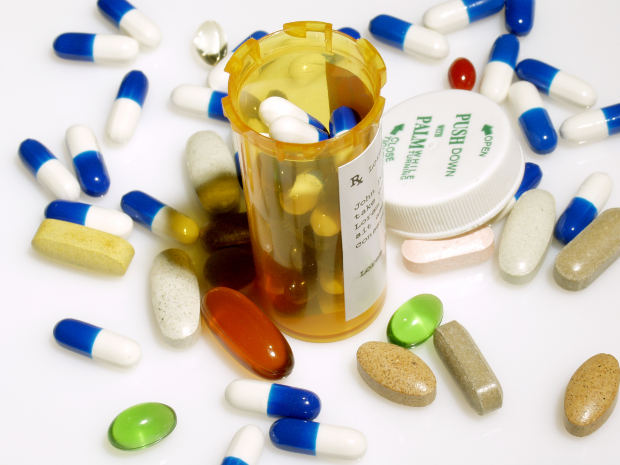Dinesh Thakur, a former employee of Ranbaxy, will receive $48.6 million for his role as the lead whistleblower in the case against the India-based generic-drug company. The company pleaded guilty to seven counts of “selling adultered drugs with the intent to defraud, failing to report that its drugs didn’t meet specifications, and making intentionally false statements to the government.” Ranbaxy paid a total $500 million in criminal penalties.
Thakur began his work at Ranbaxy in early 2004 after he was recruited from the brand-name pharmaceutical company Bristol-Myers Squibb (BMY) based out of New Jersey. As the new director of project information and management, he learned Ranbaxy was in trouble in August 2004, during a meeting with his boss Dr. Rajinder Kumar, Ranbaxy’s head of research and development. Kumar disclosed to Thakur that during an inspection of Vitma Laboratories (a clinical testing lab Ranbaxy hired to test its antiretroviral-ARV-AIDS medication) the World Health Organization (WHO) had discovered that Vitma had fabricated test results. Kumar also disclosed to Thakur that the fabricated test results were not limited to the ARVs Ranbaxy had been producing; rather inventing false data and covering up original test data had been a common practice throughout the company for years.

After the initial allegations from the Vitma incident, Thakur assigned project managers to compare the data Ranbaxy had about its other various drugs with data collected by regulators. Thakur also met with a company official where he was informed that the basic company culture was to manipulate data to achieve the results it wanted in order to have the drugs approved and put on the global market. The company regularly forged, backdated and lied to regulators about its operating and manufacturing procedures. Ranbaxy’s scientists also made it known to Thankur that it frequently substituted ingredients in medications for less expensive, low quality ingredients in order to manage production costs, as well as manipulated testing parameters by substituting brand-name drugs for their own drugs in order to accomplish better testing results. Some drugs made by Ranbaxy had never been tested, and the company essentially put millions of patients at risk.
Upon learning all of Ranbaxy’s wrongdoings and subsequently pleading with company board members to come clean and then change the business’s operating system and reaching no avail, Thakur resigned after only four months at the company.
The whistleblowing case against Ranbaxy began in 2005, when Thakur filed a confidential complaint against the company to the FDA. In his initial emails to FDA commissioner Lester Crawford, Thakur alleged that Ranbaxy was selling “untested, spurious, and ineffective medication.” Though the initial parts of the investigation took over a year before any action was made, in February of 2007, FDA criminal investigators raided Ranbaxy’s U.S. headquarters, seized thousands of documents, data, and emails that confirmed Thakur’s allegations against the company. Thakur worked with FDA officials for two years to expose the company’s fraud however the entire investigation totaled nearly eight years.
Being the whistleblower in cases against multi-million dollar corporations and bringing the fraud to the attention of the appropriate authorities takes an enormous amount of courage. The government in the United States has come to heavily rely on the actions of whistleblowers to reduce the occurrence of corporate fraud, and because of this, there are many state and federal laws that protect whistleblowers. There is also a large incentive to being a whistleblower and coming forward to authorities with any knowledge of pharmaceutical fraud. Whistleblowers are entitled to 30% of the money the government collects after the case is settled. In the Ranbaxy case, Dinesh Thakur received a $48 million payout.
If you know of Pharmaceutical Fraud that is being perpetrated against the U.S. Government, you may be entitled to a percentage of the financial recovery as a Whistleblower Award. Contact the Law Firm of Altman & Altman to schedule a Free Initial Consultation with one of our experienced Massachusetts Pharmaceutical Fraud Whistleblower Attorneys. Our phones are answered 24 hours a day, seven days a week. All emails received by the firm are responded to immediately. We represent all pharmaceutical Fraud Whistleblower clients and all calls are handled in strict confidence.
 Drug Injury Lawyers Blog
Drug Injury Lawyers Blog









